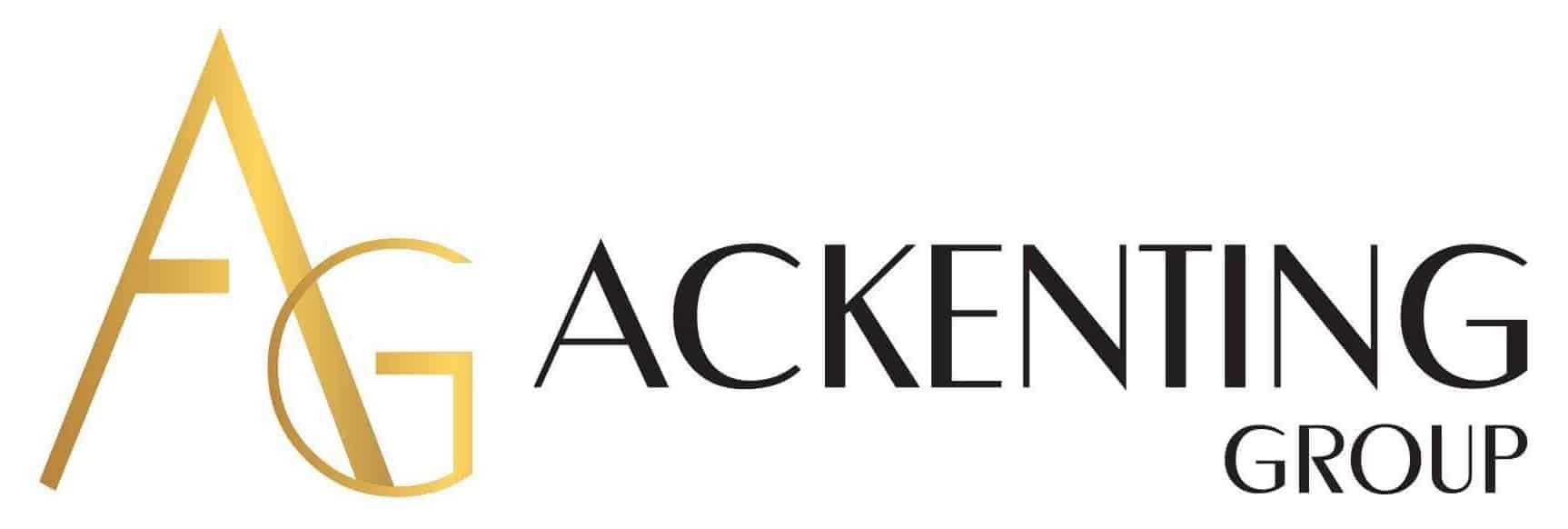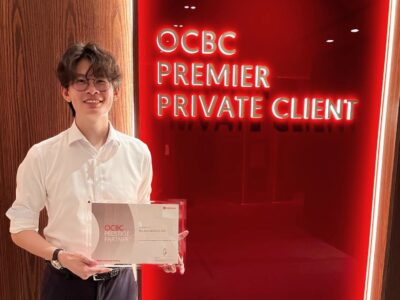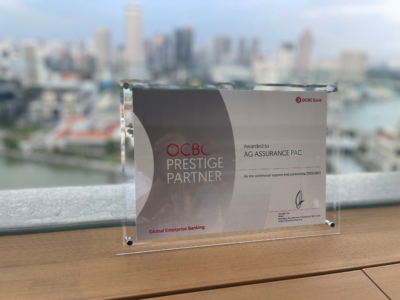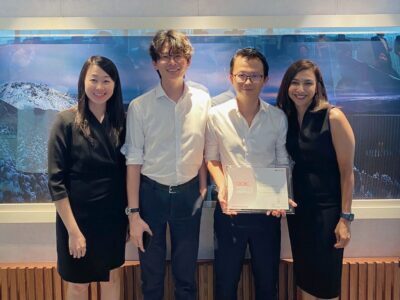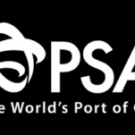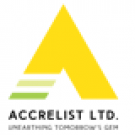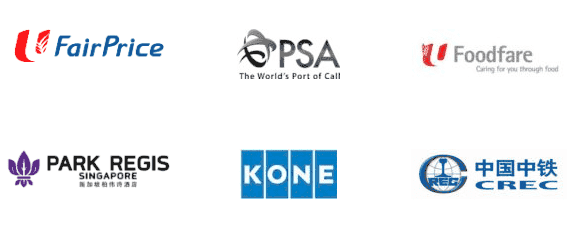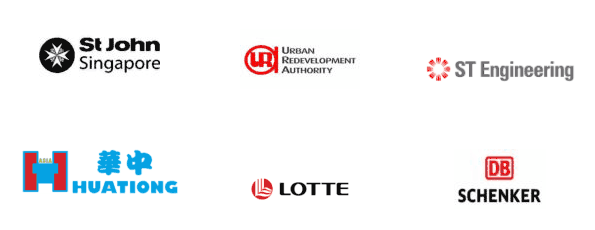Hiring the right talent is a critical challenge for businesses of all sizes worldwide. In Singapore, a dynamic hub for international business, this challenge is managed through a structured approach to employment, prioritizing local workers while also accommodating the global talent pool through a system of Singapore work passes. This article delves into types of work pass in Singapore, detailing the Work Permit, S Pass, and Employment Pass (EP), EntrePass, ONE pass, Tech pass, each catering to different levels of skills and roles within the workforce.
Singapore’s Labor Policy and Foreign Workforce
Singapore’s labor policy emphasizes giving precedence to Singaporean workers for job opportunities. However, recognizing the need for a diverse skill set that the local workforce might not always fulfill, Singapore allows companies to hire foreign workers according to work pass requirements. This approach is tightly regulated through specific rules and regulations to maintain a balanced workforce that supports the country’s economic goals without compromising the employment opportunities for its citizens.
Singapore Work Permit: The Gateway for Semi-Skilled Workers
The Work Permit in Singapore is designed for semi-skilled foreign workers from a pre-approved list of countries, allowing them to be employed in labor-intensive sectors such as construction, marine shipyard, manufacturing, or services. Each sector has its criteria and quotas, known as the Dependency Ratio Ceiling (DRC), which dictates the proportion of foreign workers a company can employ. For instance, the DRC for the services sector was reduced from 38% to 35% on January 1, 2021. Further adjustments include a reduction of the DRC for Construction and Process industries effective from January 1, 2024, to support industry transformation.
| DRC | |
| Construction | 83.3% |
| Process | 83.3% |
| Marine shipyard | 77.8% |
| Manufacturing | 60% |
| Services | 35% |
The number of local employees that count towards your Work Permit and S Pass quota entitlement is determined by the Local Qualifying Salary (LQS). An employee who is either a Singaporean or Permanent Resident, including company directors under a contract of service, is classified as follows:
- Counted as 1 local employee if their earnings meet or exceed the Local Qualifying Salary (LQS) of $1,400 per month.
- Counted as 0.5 of a local employee if their earnings are at least $700 but less than $1,400 per month, which is half the LQS.
Work Permits are subject to a monthly levy and mandatory medical insurance for workers. They are issued for up to 2 years and can be renewed, albeit with maximum employment periods and age limits. Notably, Work Permit holders cannot apply for passes for their family members.

S Pass: Mid-Level Skilled Staff
The S Pass caters to mid-level skilled staff from any nationality with relevant qualifications and experience. The qualifying salary for S Pass applicants has been periodically adjusted, reflecting the government’s aim to ensure that these positions are filled by candidates who meet the evolving standards of Singapore’s workforce. As of September 2022, the minimum qualifying salary is $3,000, with specific sectors requiring higher minimums.
| Tier | Quota (%) | Levy Rate (Monthly) |
| Tier 1 | ≤ 10% of total workforce | S$550 |
| Tier 2 | > 10% to 15% of total workforce |
S$650 (no change) |
Employers are subject to a quota system and a monthly levy for S Pass holders, aimed at regulating the number of foreign mid-level skilled staff in the country. The S Pass is valid for up to 2 years and can be renewed, with holders eligible to apply for family passes.
Employment Pass (EP): For High-Skilled Professionals
The Employment Pass is reserved for foreign professionals working in managerial, executive, or specialized jobs. It requires a minimum fixed monthly salary of $5,000, set to increase to $5,600 in 2025, with higher thresholds for more experienced candidates and specific sectors like Financial Services.
EP applicants must have acceptable qualifications, such as a reputable university degree, professional qualifications, or specialist skills. The introduction of the Complementarity Assessment Framework (COMPASS) in September 2023 adds a points-based system to the EP application process, emphasizing the quality and complementary nature of foreign professionals in relation to the local workforce.
EPs are issued for 2 years and can be renewed for 3 years at a time. There are no quotas or levies, but medical insurance provisions are at the employer’s discretion.
EntrePass Overview
The EntrePass enables entrepreneurs to start new private limited companies in Singapore, focusing on those interested in establishing businesses in innovative technology, R&D, and biotech sectors. Eligibility for the EntrePass requires entrepreneurs to meet one or more of the following conditions:
- Securing funding from a VC or business angel accredited by the government
- Ownership of intellectual property
- Significant business experience or network, along with a notable track record in entrepreneurship
- Exceptional technical or domain expertise in a field relevant to the proposed business
- A solid history of business investments and a desire to develop new or existing ventures in Singapore
- Engagement in research collaboration with A*STAR or a university
- Being an incubatee within a government-endorsed incubator
ONE Pass Introduction
Launched on January 1, 2023, the ONE Pass is Singapore’s recent addition to its suite of work passes, tailored to attract elite talents across fields such as academia, research, sports, arts and culture, and business. The ONE Pass offers the unique advantage of allowing its holders to be employed by multiple Singaporean companies at once without the necessity to reapply upon changing jobs. Spouses of ONE Pass holders are also permitted to work in Singapore with a Letter of Consent (LOC).
Eligibility for the ONE Pass involves:
- A prerequisite salary condition that requires a consistent monthly income of at least S$30,000 in the previous year for current work pass holders and overseas candidates, or a declaration to earn a similar salary in upcoming Singapore-based employment. Additionally, existing work pass holders need to prove at least one year of work experience in Singapore or an upcoming position with a reputable local company, while overseas candidates must demonstrate a minimum of one year of employment with a recognized firm or future engagement with such in Singapore.
- Notable achievements in the sectors mentioned above are also a path to eligibility.
Tech.Pass Essentials
The Tech.Pass, managed by the Singapore Economic Development Board (EDB), grants a two-year visa to distinguished tech experts, entrepreneurs, and innovators, permitting them to:
- Start and operate tech businesses
- Be employed by Singapore-based companies
- Teach or mentor at higher education institutions
- Invest in or direct a Singaporean company
Changing roles does not necessitate reapplication for the pass.
To qualify for the Tech.Pass, candidates must meet at least two of the following requirements:
- An established fixed monthly salary of at least S$22,500 in the preceding year, placing them within the top 10% of Employment Pass holders, effective from September 1, 2023.
- A minimum of five years in a significant role at a tech company with either a valuation over US$500 million or funding above US$30 million.
- A leadership role for at least five years in developing a tech product with either over 100,000 monthly active users or generating annual revenue of at least US$100 million.
Navigating the Application Process
The Ministry of Manpower (MOM) facilitates the application process for all work passes. Employers must navigate a series of criteria, including quotas, levies, and minimum salary requirements, tailored to ensure that foreign workers complement rather than compete with the local workforce.
Enhancing the Fair Consideration Framework
The Fair Consideration Framework mandates employers to advertise job openings on the MyCareersFuture platform to ensure local workers are given fair consideration before a work pass is issued. This requirement, extended to S Pass applications from October 2020 and adjusted to a 28-day minimum advertisement duration, underscores Singapore’s commitment to prioritizing its residents in the workforce.
Conclusion
Singapore’s structured approach to managing its foreign workforce through Work Permits, S Passes, and Employment Passes ensures that the country remains competitive in the global market while prioritizing employment opportunities for its citizens. As the economic landscape evolves, so too do the policies governing foreign employment in Singapore, aiming to strike a balance between local employment and the invaluable contributions of foreign professionals. For companies looking to navigate this landscape, understanding these passes and their requirements is crucial to accessing the global talent pool effectively and responsibly.
To avoid hassle, engage accounting firm in Singapore like AG to help with the work pass application. As a comprehensive mid-tier accounting firm, we offer a range of services tailored for SMEs, including company incorporation, accounting, tax, audit services, and additional compliance support.
Why outsource to AG Singapore?
- OCBC Prestige Partner in Singapore: Recognized for outstanding corporate services.
- 5-Star Google Reviews: Achieved a top rating based on feedback from over 184 clients.
- Exceptional Track Record: Successfully incorporated over 200+ Private Limited (Pte Ltd) companies within a year.
